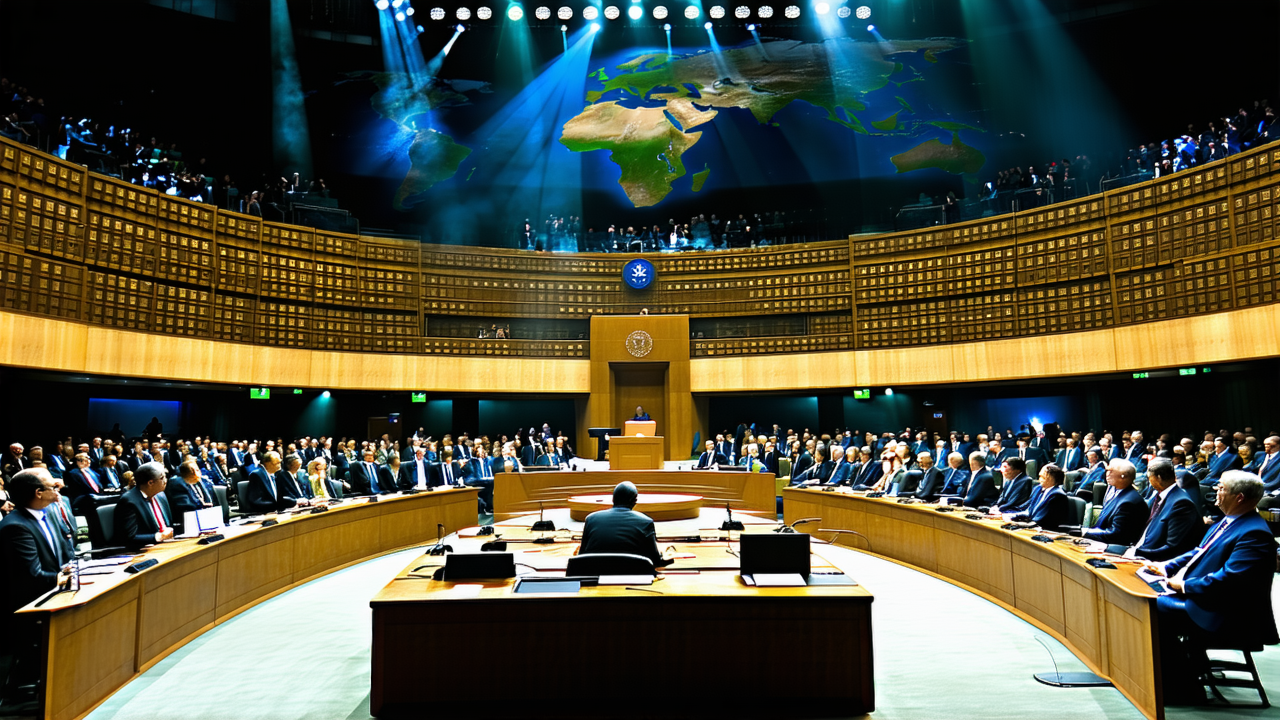ICJ Climate Ruling: A Historic Moment for Global Climate Justice
ICJ Climate Ruling: A Historic Moment for Global Climate Justice
In a moment that could redefine the future of climate justice, the International Court of Justice (ICJ) is set to deliver a landmark ruling on Wednesday (early Thursday morning NZT) in The Hague. This decision, sought by a coalition of Pacific nations led by Vanuatu, could reshape how the world addresses climate change, holding governments accountable for their role in the crisis.
A Movement Born from Youth
The journey to this moment began in 2019, when a group of students from the University of the South Pacific in Port Vila took a bold step. Frustrated by the slow pace of global climate action, they approached Vanuatu’s government with a radical idea: to bring the world’s most powerful nations to the International Court of Justice and demand clarity on their legal obligations under international law.
Six years later, the world is watching as over 100 countries—ranging from New Zealand and Australia to all Pacific Island nations—stand before the ICJ. Alongside them are civil society groups and intergovernmental organizations, all hoping the court will affirm that climate inaction is not just a policy failure, but a breach of international law.
The Legal Battle for Climate Accountability
The case, initiated by Vanuatu, asked the ICJ to determine what international law requires of states in addressing climate change and what legal consequences should follow for those who fail in their obligations. This is not just about legal definitions—it’s about justice for small island nations that are bearing the brunt of a crisis they did little to create.
Vanuatu’s Minister for Climate Change, Ralph Regenvanu, has called this the “most consequential case in the history of humanity,” emphasizing the need to prevent future generations from looking back and wondering why the world failed to act.
A Global Divide on Climate Responsibility
While Pacific nations and many others see this case as a turning point, major emitting countries like the United States and China have argued that existing agreements—such as the Paris Climate Accord—are sufficient. However, legal experts like Joie Chowdhury of the Centre for International Environmental Law believe the ICJ’s ruling could set a new legal precedent, extending climate obligations beyond the Paris Agreement and into broader international law.
If the court rules in Vanuatu’s favor, it could open the door to a new era of climate litigation, where individuals, communities, and even entire nations can hold governments and corporations accountable for climate harm. It could also empower small island states in future negotiations and climate mechanisms, giving them a stronger voice on the global stage.
The Road Ahead
While ICJ rulings are not legally binding, they carry immense moral and legal weight. A favorable opinion from the court could serve as a powerful precedent for legislators, judges, and future legal challenges. As Vishal Prasad of the Pacific Island Students Fighting Climate Change said, “This is not just a legal milestone—it is a defining moment in the global climate justice movement and a beacon of hope for present and future generations.”
On Wednesday, at the Peace Palace in The Hague, the world will witness history as the 15 judges of the ICJ deliver their verdict. The outcome may not change the world overnight, but it could mark the beginning of a new chapter in the fight for climate justice.
